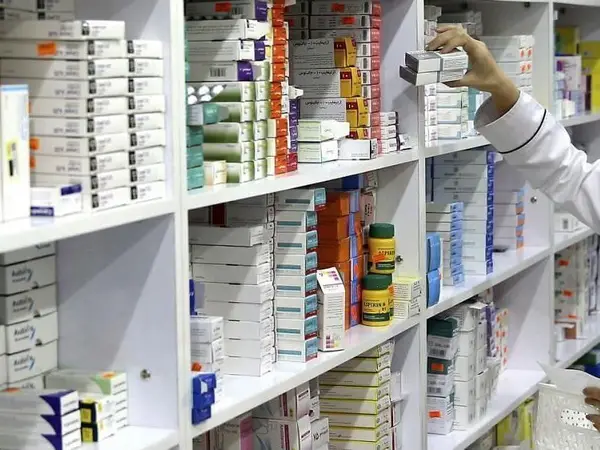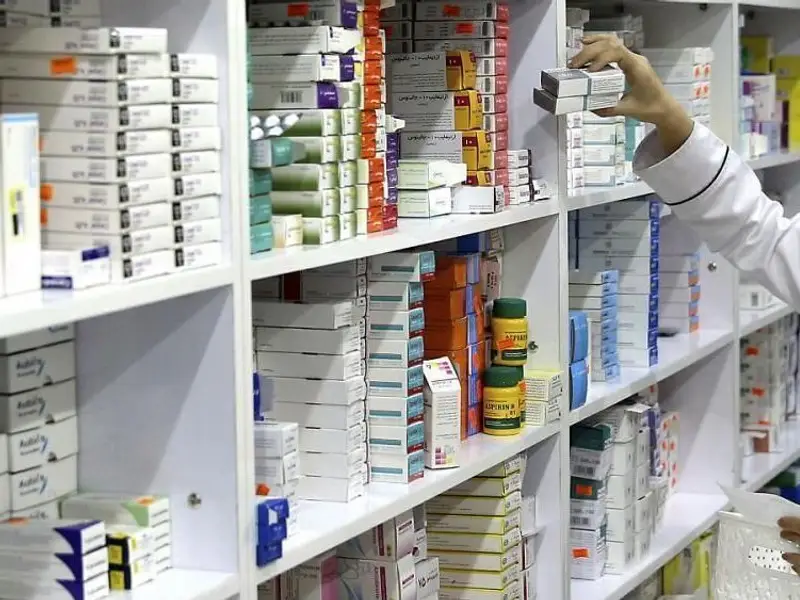Ten children have died in Iran due to the discontinuation of medication for Spinal Muscular Atrophy (SMA) in one month amid the country's worsening health crisis.
Ramak Heidari, CEO of the Iranian Dystrophy Association, expressed concern over the situation on Sunday, saying despite assurances from the ministry of health regarding the distribution of medication to SMA patients, “no Iranian medication has been produced or distributed.”
Moreover, the efficacy of existing medications has been questioned by the deputy minister, exacerbating the crisis.
Heidari condemned the actions as “unjustifiable excuses for discontinuing essential medications”, emphasizing that approximately 10 children affected by SMA have died in the past month alone due to the lack of treatment.
Spinal Muscular Atrophy, a rare neurological muscle disorder, severely impacts patients' motor functions causing muscles to become increasingly weak. The only validated medication, Spinraza, has shown efficacy in slowing down the progression of the disease.
The exorbitant price of Spinraza has led to attempts by the ministry of health to hinder its import under false pretexts such as “low effectiveness.” Consequently, many families have resorted to seeking treatment abroad to save their loved ones.
The medication crisis comes amid reports of illegal practices in the pharmaceutical industry. Shahram Kalantari-Khandani, head of the Iranian Pharmaceutical Association, highlighted the issue of non-pharmaceutical investors obtaining rare medications with fake prescriptions and selling them in the open market, further exacerbating the situation.
Last year, Mojtaba Bourbour, an official from Iran's drug importers union, disputed government officials' assertions regarding pharmaceutical self-sufficiency. He revealed that not only do up to 90 percent of raw materials come from countries like China and India, but some medications are also imported from China and marketed under Iranian labels.

